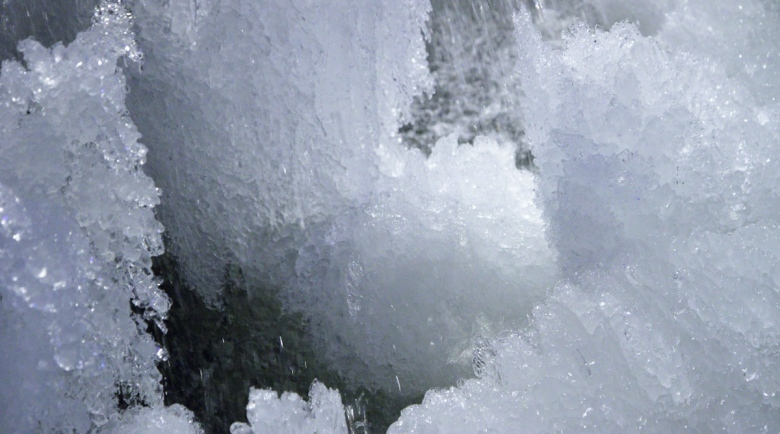
British and American scientists have discovered a previously unknown sub-glacial basin nearly the size of New Jersey beneath the West Antarctic Ice Sheet (WAIS) – and say it puts this area of the ice sheet
at risk of collapse.
The team discovered the basin Using ice-penetrating radar instruments flown on aircraft, and say its location, shape and texture may put the region at a tipping point.
It covers 7,700 square miles – nearly the size of New Jersey – and is well below sea level, as much as 1.2 miles deep in places.
"If we were to invent a set of conditions conducive to retreat of the West Antarctic Ice Sheet, this would be it," says Don Blankenship, senior research scientist at the University of Texas.
"With its smooth bed that slopes steeply toward the interior, we could find no other region in West Antarctica more poised for change than this newly discovered basin at the head of the Filchner-Ronne Ice Shelf. The only saving grace is that losing the ice over this new basin would only raise sea level by a small percentage of the several meters that would result if the entire West Antarctic Ice Sheet destabilized."
The seaward edge of the newly discovered basin lies just inland of the ice sheet’s grounding line, where streams of ice flowing toward the sea begin to float.
Two features of the basin, which is entirely below sea level, have the scientists worried. The basin’s sides slope down steeply, which means that if the grounding line begins to retreat upstream, seawater will replace it and more ice will begin to float.
Second the bed of the basin on which the ice rests is smooth, with few big bumps, or ‘pinning points’, to hold back sliding ice.
"This is a significant discovery in a region of Antarctica that at present we know little about," says project leader Professor Martin Siegert of the University of Edinburgh.
"The area is on the brink of change, but it is impossible to predict what the impact of this change might be without further work enabling better understanding of how the West Antarctic Ice Sheet behaves."
